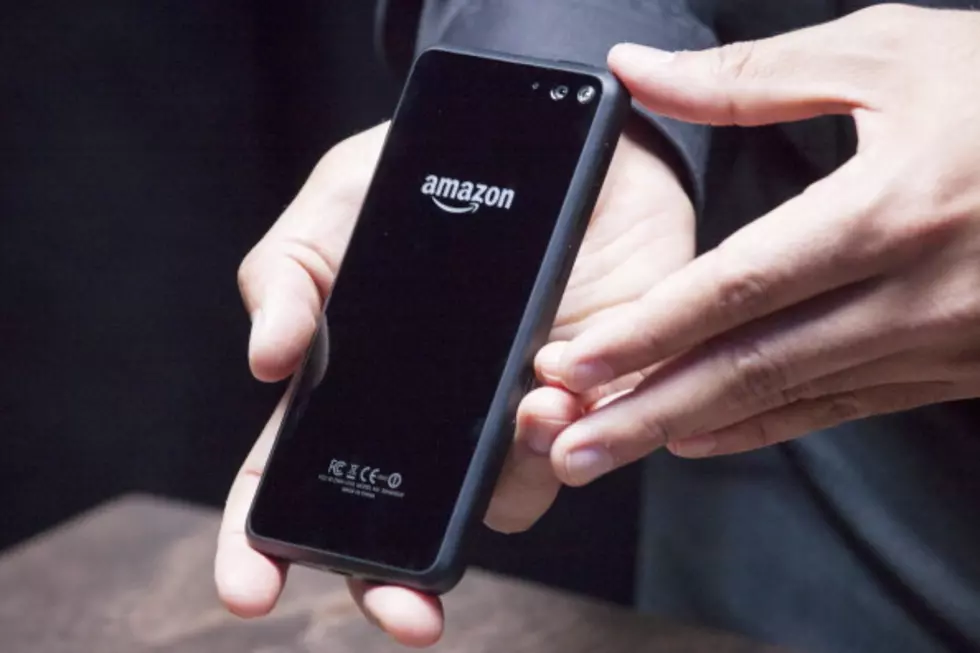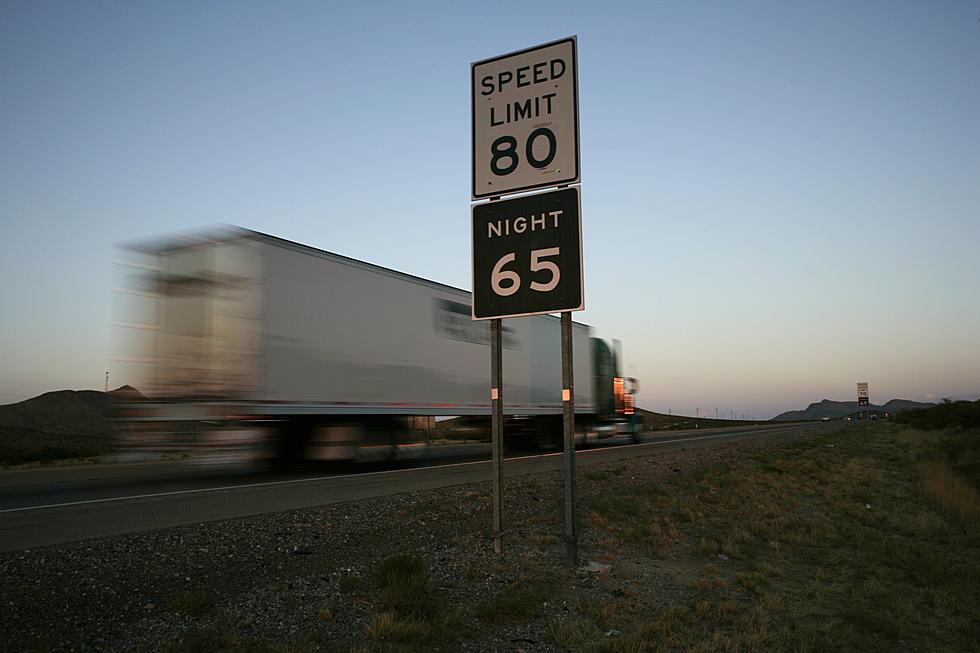
Geek Girl Report: The Do’s And Don’ts Of Safe Online Banking
Even though it's only been around for a few years, online banking has really become popular. It's super convenient for consumers to handle all their banking business form the comfort of their home. And with low operation costs, it works out well for the banks themselves, too. However, it's not without its risks. If you're not careful with your online banking, you could be leaving the door wide open for people to steal your personal information and wreck havoc with your accounts. So, here's a couple of do's and don'ts to help you stay safe when banking online.
Do's
- Check out all the online security features the bank offers. One of the most important things you should check is whether or not the online bank is FDIC insured. If a bank is FDIC insured, it means that savings and checking accounts, as well as CD deposits, are covered up to $100,000. If they're not, then move on to a bank that is.
- Create a strong password for your online banking accounts. A good password should be between 8-12 characters and combines both upper and lowercase letters, numbers, and punctuation marks like an exclamation point or an asterisk. And you never want to use the same log in and password for multiple accounts. Also make sure you change your passwords on a regular basis.
- Make sure to keep your antivirus software up to date. This is your best defense against spyware that can steal your personal data. On that note, you should also make sure your files are backed up regularly.
- If you receive paper bank statements in addition to your online banking, keep an eye on both of them. If something doesn't look right or the numbers don't add up, make sure you contact your bank as soon as possible. You should also contact your bank if you encounter any errors with your online banking, such as not being able to log in.
- Make sure you completely log out of your banking service when you're done. Just hitting the "X" button in the top right corner of your screen is not the same thing as logging out properly.
Don'ts
- Don't EVER give out your personal information in an E-mail. And for that matter, don't give out your information over the phone either unless you're absolutely sure who's on the other end of the line and what they're going to do with that info. (Most likely though, you're not going to know who's asking, so I'd just avoid giving out your info altogether...)
- Don't do your online banking on a public computer. It's way too risky, no matter how secure you think it may be. Keep your online banking at home.
- Don't open any E-mails from banks you don't do business with. This goes hand in hand with the "don't give your personal information in an E-mail" tip. If you do receive an E-mail from your bank that asks for your personal information, call your bank right away and ask them what's going on. If it's legitimate, they can handle it over the phone. But most of the time, it's just another scam trying to get your info.
More From News/Talk 95.1 & 790 KFYO





![The Geek Girl Report: Sci-fi, Shooters, Space Adventures And…Squids? A Look Back At E3 2014 [Part 1]](http://townsquare.media/site/192/files/2014/06/450394550.jpg?w=980&q=75)



